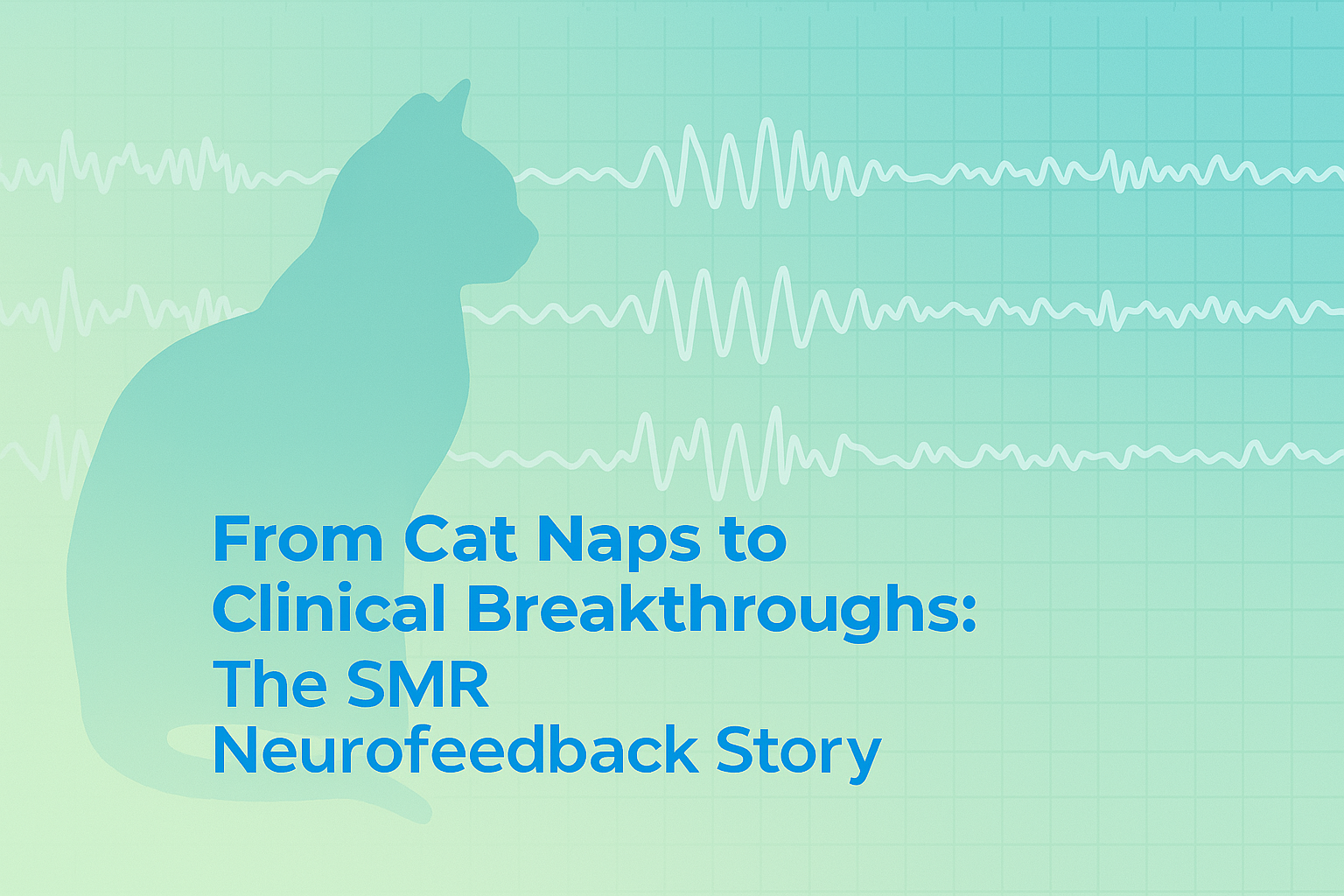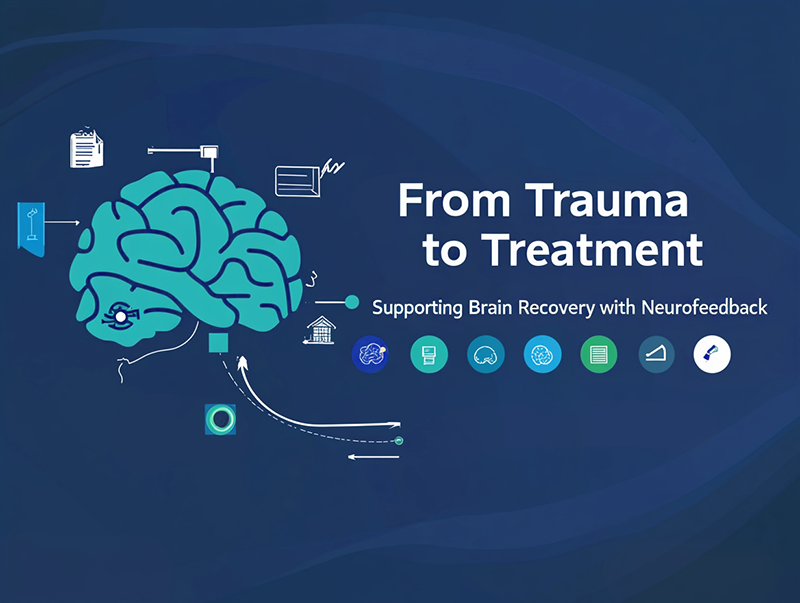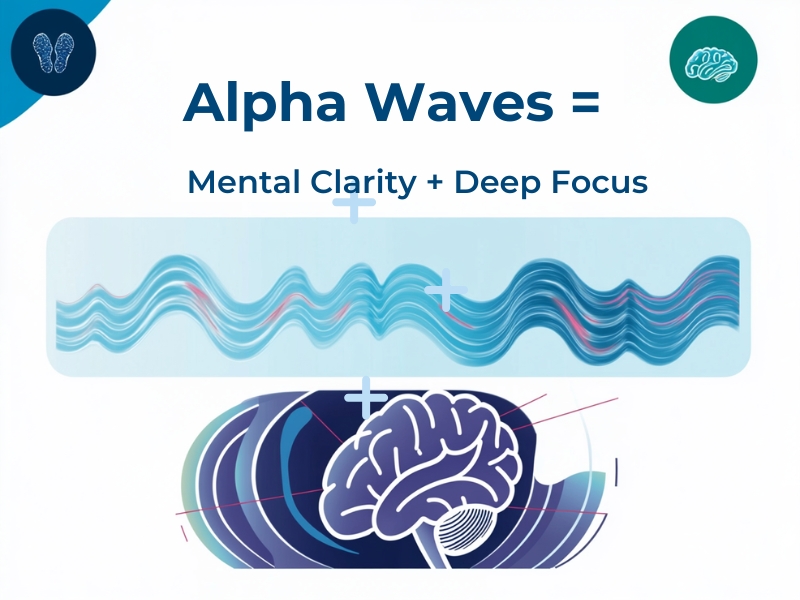The Importance of Training Sensory Motor Rhythm (SMR)
Sensory Motor Rhythm (SMR) training has been a cornerstone of neurofeedback therapy for over 50 years, effectively addressing disorders such as ADHD, seizures, sleep disturbances, and traumatic brain injuries. Grounded in Barry Sterman’s pioneering research, SMR training involves conditioning the brain to enhance resilience and function. This post explores the importance, best practices, innovations, and NewMind's commitment to effective and reliable SMR training.



